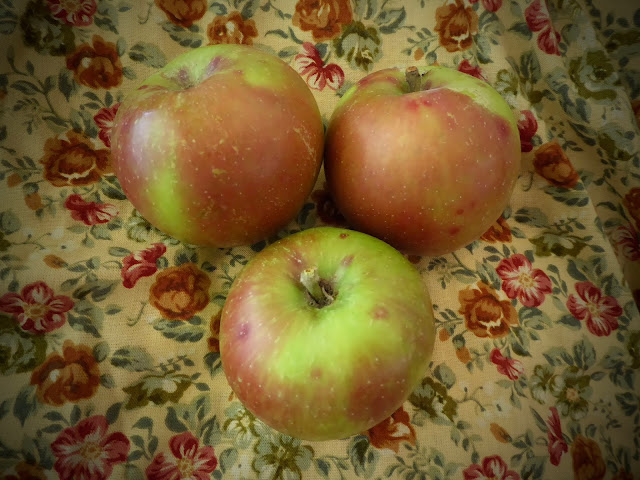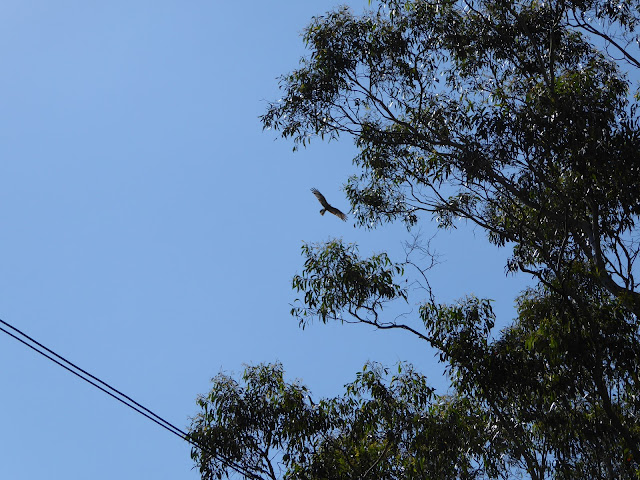I feel as if I know nothing, that I am searching in the dark for something that I have lost, and I barely know what that something is. But there is something about this state that intrigues me, despite the difficulty and frustration of it.
Little did I know then that the idea of unwisdom would gradually come to make more and more sense.
For several years I have been very aware of the idea of ‘Uncivilisation’, for example, in terms of the work of the Dark Mountain Project. I am also aware of Steve Thorp’s notion of ‘unpsychology’. Both civilisation and mainstream psychology, it can be argued, have been leading us in some very unhealthy and destructive directions, and therefore it makes sense to turn them around, upside down and inside out, to think critically about them, to find a way to undo them, to unseat their power, and replace it with something that leads in a more life-affirming direction.
I’ve also been intrigued by the (somewhat made-up) word unforgetting, which seems to me to state something more than the word remembering, despite meaning essentially the same thing. So words prefixed with un- have been a preoccupation for some time.
But with the recent passing of Ursula Le Guin, and the flood of her quotes that appeared on social media, I came across this one:
I love my unteachers - the feminist thinkers and writers and talkers and poets and artists and singers and critics and friends, from Wollstonecraft and Woolf through the furies and glories of the seventies and eighties - I celebrate here and now the women who for two centuries have worked for our freedom, the unteachers, the unmasters, the unconquerors, the unwarriors, women who have at risk and at high cost offered their experience as truth. "Let us NOT praise famous women!" Virginia Woolf scribbled in a margin when she was writing Three Guineas, and she's right, but still I have to praise these women and thank them for setting me free in my old age to learn my own language. (1)
That’s when all my thoughts on unwisdom and unlearning fell into place.
Because I am so very interested in the roots of things, in the primal, elemental and original, an unlearning must take place. In following the path of radical feminism (or radical anything—radical, of course, meaning ‘root’), there is a necessary descent, a peeling away of what is known to reach the fundamentals, the roots of the problems we face, and perhaps the roots of solutions too, to the bedrock of experience, and—truth. There is a requirement to analyse the patriarchal/industrial system as it exists, and see it for what it is: an accretion of knowledge that is not really knowledge at all, but a distortion of the primal realities. Thus, feminist knowledge is passed on by unteachers, for it is only by questioning all that we have been taught that we come to a place of real knowledge. Perhaps still imperfect, but closer to the truth than anything else.
Importantly, these un- words are not simply the antithesis of the words they modify: unmasters, unconquerers, unwarriors. Instead, they are more complex, only sometimes merely reversing meanings, but more often redefining the meanings entirely.
I believe that the word ‘unwarrior’, for instance, does not necessarily mean that women should not be warriors, that we should not fight and resist when needed, but that we must do so in a completely different way to the masculinist norm. In the same way, we need to learn by unlearning, teach by unteaching, find wisdom in unwisdom—yet how we do this will not be by simply reversing the dominant narratives. We need to be critical and analytical, yet also intuitive and creative. The way out of distorted thinking and into more truthful knowledge will no doubt follow a twisting path, with many layers spiralling downwards into the past, and upwards into the possible future.
Many (feminists, indigenous people, and people of colour) have said that we must ‘decolonise our minds’. Jane Caputi says we must ‘unthink the thinkable; that is, we must unthink nuclear war, environmental devastation, the destruction of the forests, and so on … we must gather, talk back, and refuse and refute these thoughts’. (2) We must make what is currently thinkable, unthinkable.
When you strip away the distortions and illusions of (industrial) civilisation, what you will find is that little, perhaps nothing, is human-made. Instead, it is earth-made, earth-given. Earth our Mother, our home, our teacher and resting place.
What I mean by this is that although we humans create cultures, lifeways, philosophies, and so forth, all of these things are ultimately derived from our relationship and interaction with the earth, with nature and the land we live on. Healthy human cultures are born from and dependent upon the natural world, and certainly not in opposition to nature. This is quite evident in nature-based, indigenous societies.
However, my theory is that over time, as we have grown more and more disconnected from nature, we have lost touch with our original, earth-given knowledge (sometimes deliberately denying it), and built extensively and unnaturally upon the base of our primal lifeways and perceptions of reality, elaborating them to the extent that they become distorted and often illusory. Thus we have an industrial culture that thinks it can take from the earth without giving anything back (or giving back toxins and waste), without suffering the consequences. Even when there is an acknowledgement of the problems that arise, the dominant belief is that we can simply solve the problems with a never-ending array of new technologies. This is not so.
Julien Puzey has said:
What if knowledge isn’t what Western culture says it is—the amount of data I’ve accumulated in my great gray file—and instead is the capacity to be open to making connections between the is-ness that is going on? The way we change our way of knowing is to become open to process and to the making of connections. (3)
What I am trying to get at is the essential truth that there is a solid foundation of knowing, of how we are meant to be as human beings, and that this is not wholly human-made, but is primarily earth-made, as well as a joint earth–human undertaking. When we listen to the Earth, and live by her rules and limitations, wherever we happen to be in the world, we live well and sustainably. But once nature is removed from the picture, we are left with purely anthropocentric constructs that are, of course, real, in the physical, psychological and spiritual impacts that they have, but unreal in the sense that they do not actually reflect what is.
Thus, my interest in all the un- words is is about finding that base level of knowing and being that is the Real. Uncovering, unlearning, unknowing, unthinking, unmaking, undoing, unravelling, unseparating, uncontrolling, unshackling … unearthing, in order to find Earth once more.
This, I think, will be an endless, and probably unachievable, project, but I think it is essential to make the attempt. It is only in reconnecting with the Real that we have any hope of changing our culture. And that is where the re- words become important: renewing, reconnecting, relearning, rethinking, remaking, redoing, reconstructing, regrowing, regenerating, reimagining, rewilding, rejoining … remembering what we were as humans, not so very long ago.
For those of us who are not as connected with the earth as we should be—which is just about everyone in the modern world—the first place to start unlearning and unthinking is in the primary reality of our bodies (as microcosms of the earth-body, and indeed the universe). It is in finding ways to be ourselves that are not controlled by cultural forces, expectations and fashions, and ‘becoming animal’ (to use the title of one of David Abram’s extraordinary books)—rediscovering, through the wisdom of our animal senses, through the ongoing processes of life, what is truly real.
This goal will also involve exploring how we think and use language—subjects that I hope to explore in the near future.
This seems, even to me, like a grandiose project; yet I cannot simply ignore it. I’ve been called by the darkness, by the old roots that sustain all, despite our best efforts to cut them off and forget them forever. Yet the roots have always been inside us, in our DNA, in all our living cells, perhaps also in our dreams. All we have to do is unforget.
 |
| At the Root, water-mixable oil paints on paper, 2015 |
References:
2. Jane Caputi, Gossips, Gorgons & Crones: The Fates of the Earth, Bear & Company: Santa Fe, 1993, pp. 78–79
3. Interview with Dolores LaChapelle and Julien Puzey in Derrick Jensen, Listening to the Land: Conversations about Nature, Culture, and Eros, Chelsea Green Publishing: White River Junction, Vermont, 2002, 2004, p. 238























